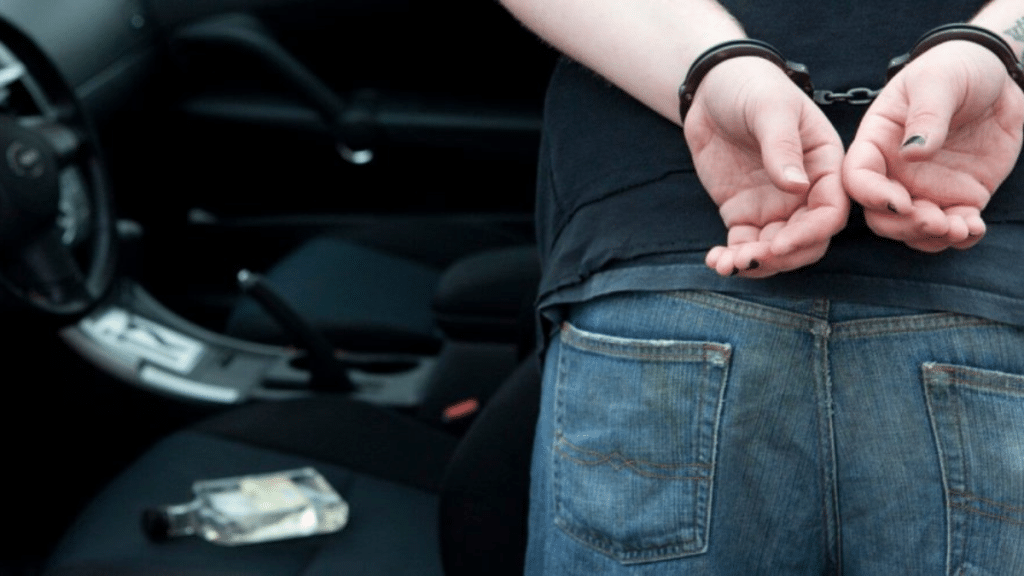Facing a Driving Under the Influence (DUI) charge in California is a daunting experience, with immediate concerns about the potential suspension of your driver’s license by the Department of Motor Vehicles (DMV). Many drivers are unaware that a DUI initiates two separate legal proceedings: one in criminal court and another with the DMV. To navigate this complex process and improve your chances of retaining your driving privileges, consulting a skilled California DMV Lawyer is crucial. An experienced attorney can guide you through the legal intricacies, help challenge the suspension, and represent you effectively at the DMV hearing. This article provides a comprehensive overview of the steps to take if you receive a DUI and face a DMV license suspension, incorporating relevant information from authoritative sources.
Immediate Actions After a DUI Arrest
Upon a DUI arrest in California, the arresting officer typically confiscates your driver’s license and issues a temporary driving permit. This permit allows you to drive for a limited period, usually 30 days, before the suspension officially takes effect. One of the most critical steps is to request a DMV administrative hearing within 10 days of your arrest. Failing to do so results in an automatic license suspension. The hearing is your opportunity to challenge the suspension and potentially retain your driving privileges.
Understanding the DMV Hearing
The DMV hearing is an administrative process separate from your criminal DUI case. It determines whether your driver’s license should be suspended. A Driver Safety Hearing Officer will review the evidence, including your blood alcohol content (BAC) levels, the reason for the traffic stop, and whether the arresting officer followed proper procedures. You have the right to:
- Be represented by an attorney
- Present evidence in your defense
- Cross-examine the arresting officer
- Challenge any procedural errors
Given the complexities involved, having an experienced DUI attorney can be invaluable in navigating this process.
Possible DMV Hearing Outcomes
There are two potential outcomes from a DMV hearing:
- License Suspension Upheld: If the DMV determines that the evidence supports the suspension, you will lose your driving privileges for a set period, depending on factors such as prior offenses and BAC level.
- License Suspension Overturned: If you successfully challenge the evidence or prove procedural mistakes, your driving privileges may be restored.
Even if you win your DMV hearing, you may still face penalties in criminal court, such as fines, DUI education programs, or even jail time.
Applying for a Restricted License
If your license is suspended, you might qualify for a restricted license, allowing you to drive under certain conditions, such as commuting to work or attending DUI classes. To obtain a restricted license in California, you must:
- Enroll in a state-approved DUI education program
- Submit proof of financial responsibility (SR-22 insurance form)
- Pay reinstatement fees
- Install an Ignition Interlock Device (IID) in some cases
These steps help drivers regain some level of independence while demonstrating responsibility.
Steps to Reinstate Your License
Once your suspension period is over, you will need to take further steps to reinstate your driving privileges fully. Typically, this includes:
- Completing all DUI-related programs
- Paying all required fines and fees
- Providing proof of insurance
- Passing any necessary tests required by the DMV
Failure to complete these steps can lead to extended suspension periods or additional legal complications.
Impact on Auto Insurance
A DUI conviction can significantly impact your auto insurance premiums. Insurance companies may view you as a high-risk driver, leading to increased rates or even policy cancellation. To reinstate your license, you will need to file an SR-22 form, which serves as proof of financial responsibility. This form is often required for three years following a DUI conviction.
Legal Penalties for DUI Convictions
In California, DUI convictions carry severe penalties that escalate with subsequent offenses. For a first offense, penalties may include:
- Jail time ranging from 48 hours to six months
- Fines between $390 and $1,000, plus penalty assessments
- License suspension for six to ten months
- Mandatory completion of a DUI program
Subsequent offenses result in harsher penalties, including longer jail sentences, higher fines, extended license suspensions, and mandatory installation of an IID.
Ignition Interlock Device (IID) Requirements
As of January 1, 2019, California implemented a statewide IID pilot program. Under this program, individuals convicted of DUI offenses may be required to install an IID in their vehicles. An IID is a breathalyzer device that prevents a vehicle from starting if it detects alcohol on the driver’s breath. The duration of the IID requirement varies based on the number of offenses and specific circumstances of the case.
Out-of-State Residents
If you are an out-of-state resident who received a DUI in California, you may be eligible to terminate the action against your driving privilege without completing California’s DUI reinstatement requirements. This process involves submitting specific documentation to the DMV.
Conclusion
Facing a DUI charge and a potential license suspension can be overwhelming, but taking the right steps can improve your chances of retaining or restoring your driving privileges. Acting quickly, requesting a DMV hearing, seeking legal representation, and understanding your options for restricted or reinstated licenses are key to navigating this difficult process. If you ever find yourself in this situation, being informed and proactive will serve you well in managing the consequences of a DUI.

